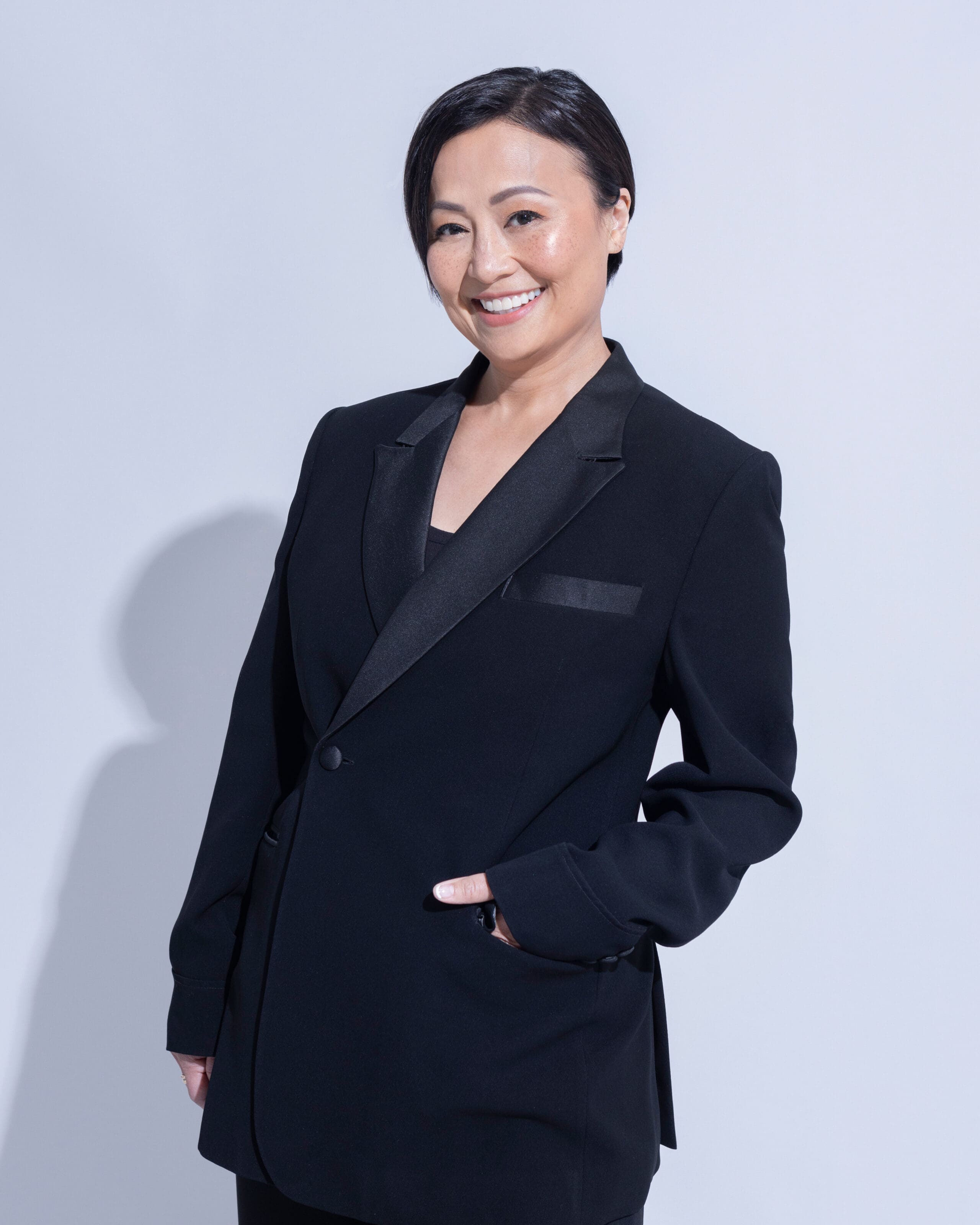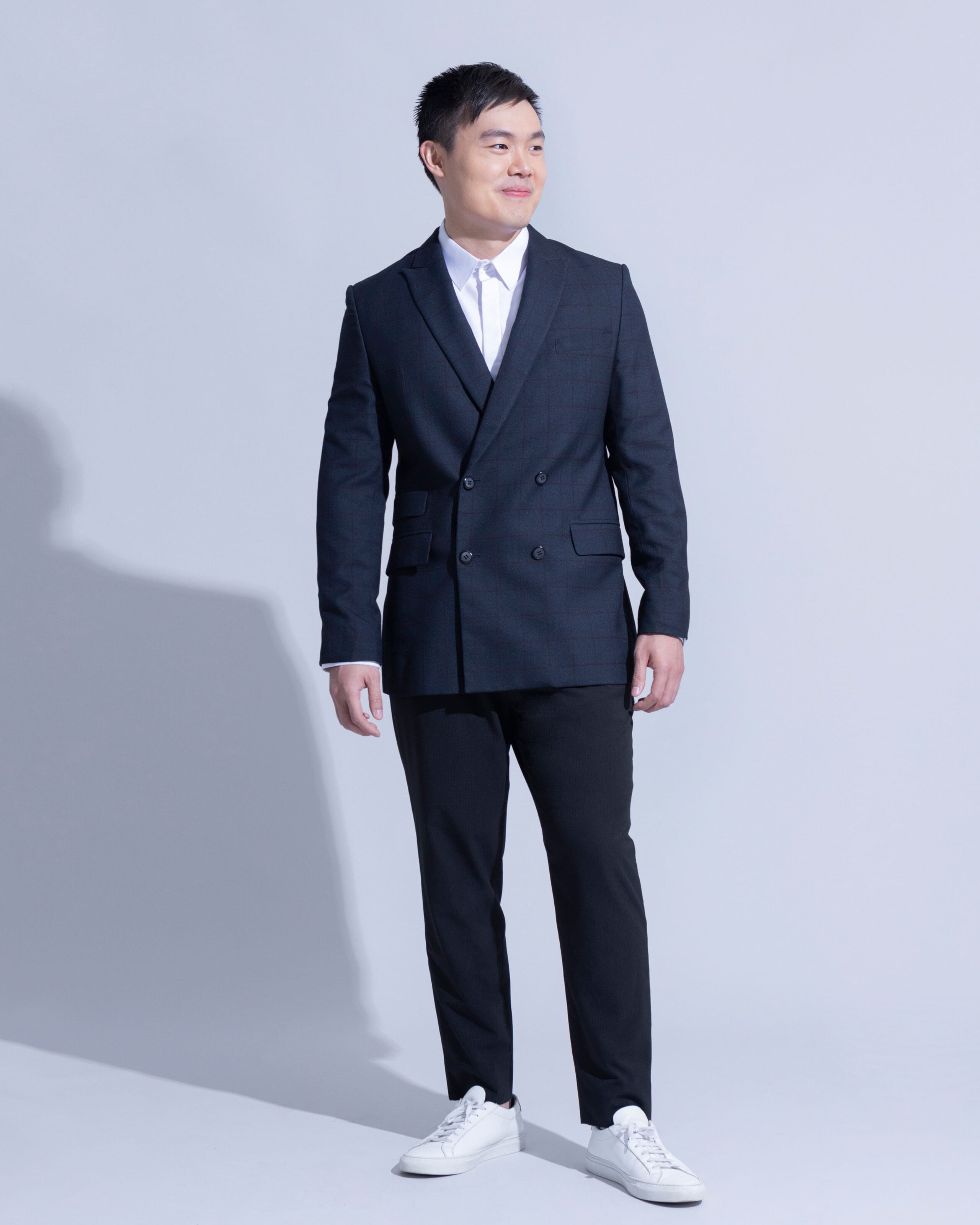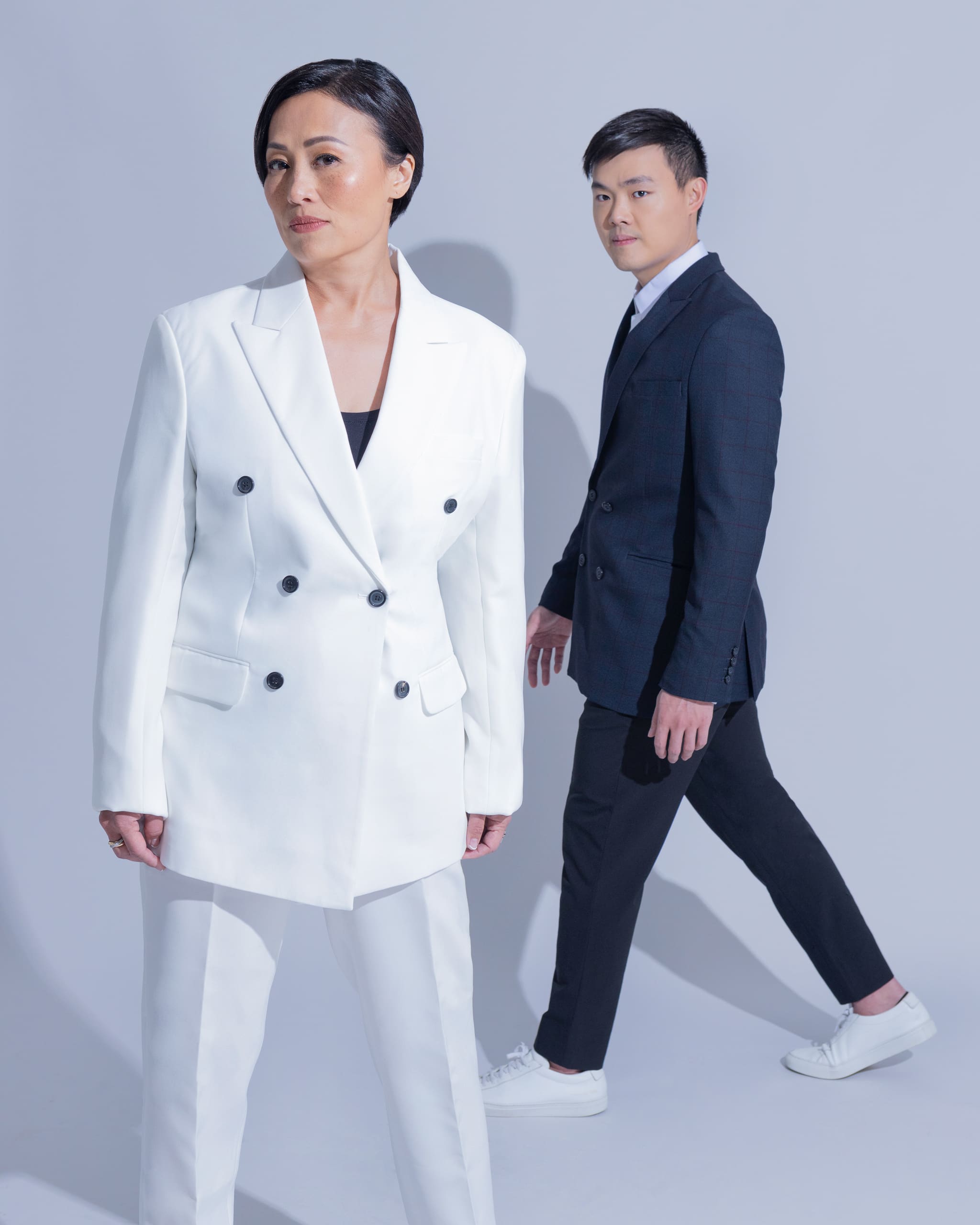Photo by Cyrus Panganiban
The founders of Proof of Learn are making Web3 learning accessible and fun through blockchain-powered education.
What do you get when you combine A) a Stanford computer science graduate who built and scaled the McDelivery platform to reach over 10 million users with B) the founder of Care.com and the first Filipino American woman CEO of a publicly traded internet company?
You get a Hogwarts-like magical school where the rewards for learning spells (of code) are NFTs and crypto. You get the promise of onboarding one million developers to Web3, with a special focus on Filipino devs. Above all, you get an entirely new mode of education, where your campus is the metaverse, learning is incentivized, and real jobs await those who finish the course.
Kevin Yang and Sheila LirioMarcelo had never met prior to being introduced at the NFT.NYC conference in November of 2021. They had both gone there with similar intentions—to explore the possibilities of the NFT space beyond cryptocurrency investing and NFT collecting. The Axie Infinity phenomenon in the Philippines had opened their eyes to the massive social impact of play-to-earn gaming. During the lockdowns, rural families and minimum-wage earners managed to supplement their income by battling, breeding, and trading Axies, all on their mobile phones.
Today, the Philippines is ranked as a top 10 country in crypto adoption, and it’s in this fertile environment where Marcelo saw the opportunity for building a gamified blockchain-based platform within the learn-and-earn framework. Through the network of Filipino tech entrepreneurs she met Yang, who would soon be her co-founder in Proof of Learn, a company with the vision of providing accessible, high-quality education on Web3.

Social impact
Sheila Lirio Marcelo jokes that she’s known as the “Tita of the Northeast.” “People send their kids to me for mentoring, which I really enjoy. I like seeing their careers progress,” she says. It’s not hard to see why parents hope some of Marcelo’s shine will rub off on their offspring, given her impressive career trajectory that spans the three iterations of the World Wide Web.
When Marcelo graduated with a joint law and MBA degree from Harvard, she already had two young children in tow. Taking up law was a parental expectation, but a stint at a telecom consulting firm gave her a taste for technology.
“There was one pivotal class in my career called Building Information Age Businesses—and I’m dating myself because that’s what we used to call it,” she laughs. She was eventually asked to help teach the class. “And here I was grading internet business plans. But I never operated an internet company. I didn’t know what that meant. So I said, why don’t I jump in and be an operator? And I found that [I was] applying strategy to technology was what I really wanted to do. And that’s what led me into the internet.”
While she was working at Upromise, a startup that helps families save money for college, her father, who had come over from the Philippines to help out with the kids, had a heart attack and fell down the stairs. Suddenly, Marcelo found herself “sandwiched,” struggling to find both childcare and senior care. Noticing a gap in the care space, she was motivated to solve this sandwich problem via a single online platform. Still, she chose to spend a few more years gaining operational experience before launching her own company in 2006.
Care.com became the largest online marketplace for finding and providing family care, pet care, special needs care, housekeeping, and tutoring services. With over 30 million subscribers worldwide, one need only imagine how many mothers have been able to finish school, enter the work force, or advance their careers, and how many caregivers have been able to find employment opportunities that also matched their needs. Care.com democratized childcare and enabled women to pursue their dreams. In February 2020 the site was acquired by IAC, with Tim Allen installed as the new CEO. Marcelo was about to go on a much-deserved sabbatical with her husband right when the pandemic hit.
In the United States, fallout from the pandemic led to a surge in anti-Asian American incidents, ranging from harassment to violent crime. In the wake of the March 2021 Atlanta spa shootings where six of the victims were women of Asian descent, a group of influential Asian Americans from the business community banded together. They launched The Asian American Foundation, raising USD $1 billion to help fund AAPI organizations and programs.
Marcelo, one of the founding board members, was asked to lead up an effort that would bring Asian Americans together. The result was See Us Unite, a two-hour broadcast special featuring appearances and performances from the likes of the Black Eyed Peas, Saweetie, Henry Golding, Sting with Far East Movement, and more. Only someone like Marcelo would spend a sabbatical producing such a monumental show.
“My whole life is about social impact. The work that we do to fight hate, to be seen, it’s the same reason I’m doing Proof of Learn,” she says. “It’s a sense of, how do you create impact for those that don’t have access to high quality education around the world?”
Marcelo credits a large part of her drive to a year she spent in Candelaria, Quezon when she was in fifth grade. Her family had already been living in Houston, Texas for some years, but Sheila’s parents wanted her to learn the Filipino language and reconnect with her heritage. She attended the local Catholic school, cleaned classroom floors with a coconut husk, and played with kids on the street. “I think it just grounded me. It made me appreciate how hard life is when you don’t have access to technology, or access to a lot of things.”
“The best investment is not in a stock or in a token. It’s in yourself. As corny as it sounds, it’s the most powerful thing. If you teach yourself a new skill, no one can take that away from you.”
Kevin Yang
Cutting edge
Kevin Yang grew up with McDonalds in his blood. The grandson of George Yang, the man who brought the Golden Arches to the Philippines, Kevin turned out to be a precocious computer nerd who taught himself how to code as a young teen.
“My first website was just my name in many colors, and my first app was just a program that changes the background from red to blue,” he says, laughing. “Honestly, you start very simple.” As he tinkered with programming languages on his own, Yang realized that learning could get very lonely. When he went to Stanford for computer science, he finally met peers who were like him.
“That’s really where my learning went much faster. If you’re alone, let’s say you make a mistake today, you learn from it tomorrow. Tomorrow, you make another mistake. But let’s say there’s three of you, and you make a mistake today. You teach it to all your friends. Your other friend makes a mistake, and they teach you all those mistakes. You learn three times faster.”
In college, he built over 30 different apps just for fun. He worked at Uber, taught a class at Stanford called “Using Tech for Good,” founded Wyng, a dockless e-scooter startup, and also developed the web and mobile apps for McDonald’s Philippines, which brought in $100 million in revenue in 2021. When he met Sheila in New York they immediately hit it off, both seeing how one of the biggest problems of the space is the lack of people with the knowledge and ability to build the metaverse, from programmers to designers.
A month later, Proof of Learn was born. The company has since raised $16.7M in Proof of Learn’s series seed in February 2022 and $4.5M in non-dilutive grants to fund their learn and earn model. Proof of Learn’s first project, Metacrafters, is an online educational platform that takes away the loneliness of learning how to code by immersing students, called crafters, in a virtual magic academy where they learn magical skills in houses named after different blockchains: Solana, Flow, and Ethereum. “When there’s that sense of belonging and support with other people who are learning the same thing, you have the confidence to push through,” Yang says.
The Metacrafters Academy recruits web developers who already have the foundations of programming, upskilling them specifically for Web3 jobs. In the Philippines, POL has partnered with the National Teachers College to onboard its first cohort of computer science graduates.
“What’s unique about the Philippines is that we have this driving BPO sector of very efficient programmers, bright Filipinos who are outsourcing their talent when it comes to IT work,” says Yang. “We want to expand that beyond the usual business programming into more of what we call ‘frontier tech.’ Our dream is for the Philippines to become one of these talent bases for cutting edge technology like blockchain.”
Yang, who is 28, is also taking the blockchain courses, levelling himself up as an Ethereum and Solana programmer. “That’s the most fun part of the job, to be honest,” he says. “I get a sneak peek at all the lessons and content that I myself will use. I get to build this product, almost for the younger version of myself, or in some cases the current version of myself.”
Does Yang have any role models in tech? Given that quite a few tech founders are embroiled in controversies, how does this affect his opinions of them? “There were no shortages of role models at Stanford,” he says, naming the Google founders and Elon Musk as a few inspirations. But Yang is no mere fanboy. “I don’t believe in idolizing someone. I believe more in trying to figure out what part of them I do like and how [it is] authentic to me. I try to learn from certain facets of them, but then I learn more about myself, actually.”

Tech for the millions
At the Philippine Web3 Festival, Marcelo was part of a panel called “Onboarding the Next Million.” Naturally, questions turned to the disastrous year crypto had and the bad actors who perpetuate its scammy image. But Marcelo kept her eye on the bigger picture, and her clarity of vision visibly moved the audience.
“There is no unilateral definition of crypto. There’s a bias in thinking crypto represents just the currency, and the assumption is that it’s all bad and unscrupulous,” she told the crowd. “But I really believe the technology has a lot of promise for good. Understanding the underlying tech and the power of it can help millions of people. The ethos of Web3 is community, ownership, sharing, accessibility, and transparency. Once I read the gospel and went down the rabbit hole—I believe in the tech, and it will be used for good.”
Her statement reaffirms what Yang told Vogue earlier when he explained that they are focusing less on financial speculation and more on building real employable skills. “The best investment is not in a stock or in a token,” he says. “It’s in yourself. As corny as it sounds, it’s the most powerful thing. If you teach yourself a new skill, no one can take that away from you.”
